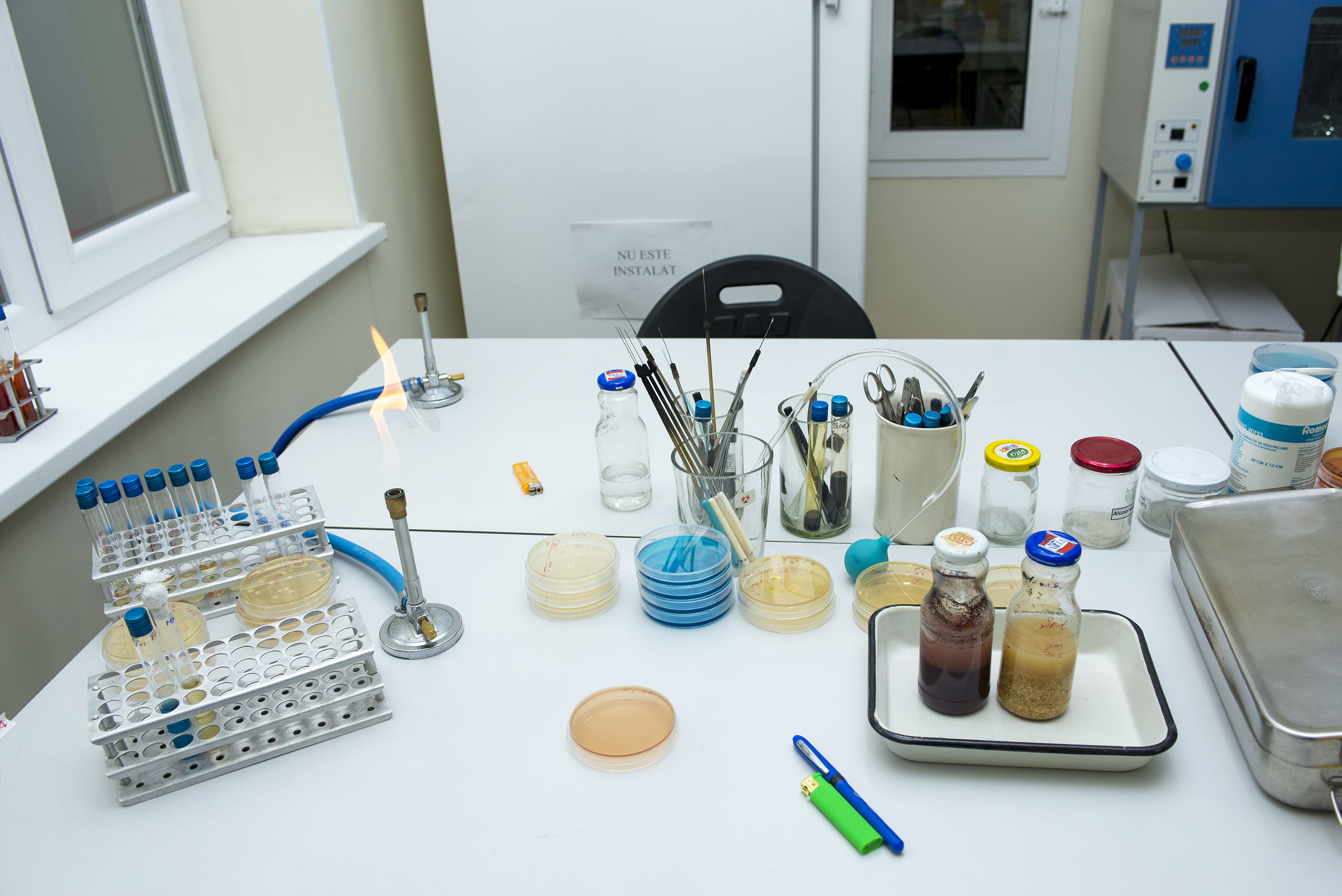Quality and safety key for Kazakhstan dairy producers

Food safety and quality have become salient topics in Kazakhstan’s dairy industry since all milk products are now required to meet food safety and quality standards, regardless of the size of the farm or processing enterprise.
Following a gradual process, Eurasian Economic Union regulations on dairy product quality and safety entered fully into force in Kazakhstan in July 2017, tightening the allowable levels of microorganisms, somatic cells and antibiotics in raw milk. The changes pose a particular challenge for farming households supplying raw milk to the industry, and, in fact, Kazakhstan’s dairy industry as a whole.
Nearly 80 percent of raw cow's milk in the country is produced by smallholders; more than half of all the milk collected for industrial processing comes from this category of suppliers. Beforehand, many household producers were not subject to the strict sanitary standards.
In light of the adoption of these regulations, FAO and the European Bank for Reconstruction and Development (EBRD) are assisting Kazakhstan’s milk industry – especially small- and medium-scale producers.
Through the FAO-EBRD project Supporting an inclusive dairy value chain development, the two organizations have developed knowledge products including the smart milk animation, The Good Rules of Good Milk, introduced technological tools – like the Collect Mobile application – which helps improve efficiencies in the supply chain, and increased dialogue on the issue of meeting quality standards.
Dialogue to improve quality
At the third Kazakhstani Milk Congress – held in Astana in October 2017 – a number of processors, cooperatives and farmers shared their experiences and made proposals for developing the country’s dairy industry.
The Congress was organized by Dairy Global Experts, a consultancy company based in Ukraine, and the Center for Agribusiness Innovation.
At the event, meeting the quality standards for raw milk and dairy products was identified as a major priority for the participants, while cost optimization and creating a favourable environment for cooperatives were also discussed.
FAO and the EBRD also organized a round table dedicated to cooperatives, which allowed national practitioners and government officials to exchange ideas with international experts.
One proposal that garnered a great deal of interest was to develop “clusters” – several small farms clustered around a processing plant with guaranteed year-round milk production and demand. Farms participating in a cluster would receive a package of services ranging from agribusiness consulting and access to quality forage, to the sale of milk and calves.
The main objective would be to help farmers move from small-scale, subsistence milk production to a profitable business.
"We would be happy to support dialogue between government and business to promote consensus and the development of a common vision among market participants,” said Inna Punda, FAO Agribusiness Specialist and Project Leader. “This will create an incentive to invest in dairy farming, and eventually make the Kazakhstani dairy products competitive.”
Strengthening the dairy value chain
In 2018-19 the FAO-EBRD project will support public-private policy dialogue by strengthening the capacity of the Kazakhstani national Dairy Union and fostering evidence-based policy making to mediate genuine public-private dialogue in order to support industry development.
The project will also strengthen the capacity of local advisory service providers and ensure that the latest knowledge reaches small- and medium-scale milk producers. Special attention will be paid to raising awareness of food safety standards among upstream value chain actors, as well as promoting trust and collaboration.
